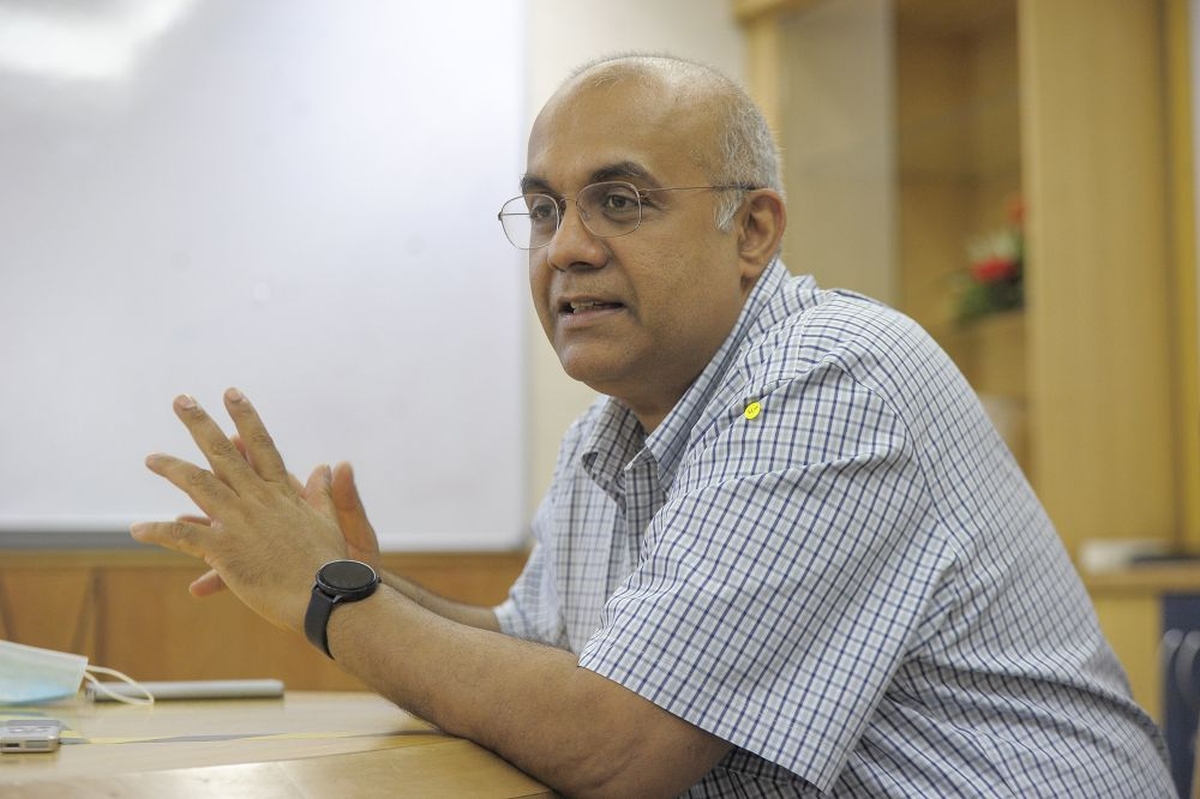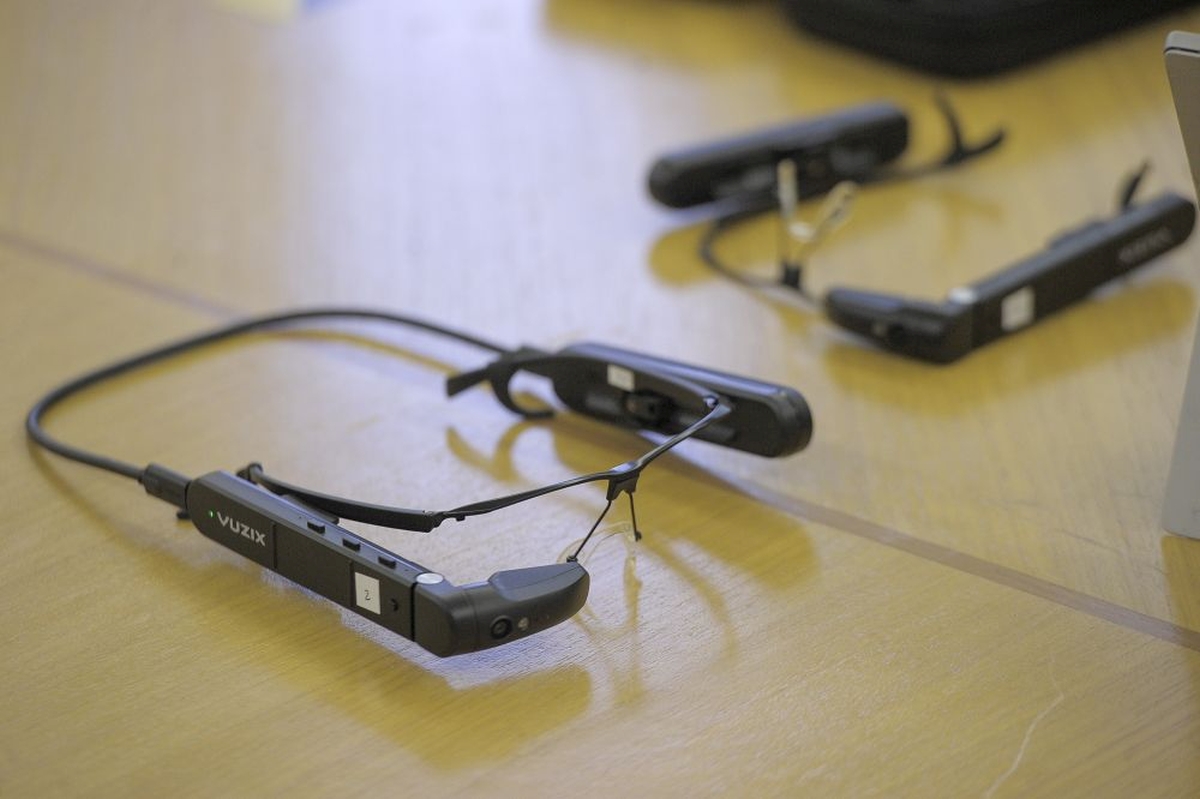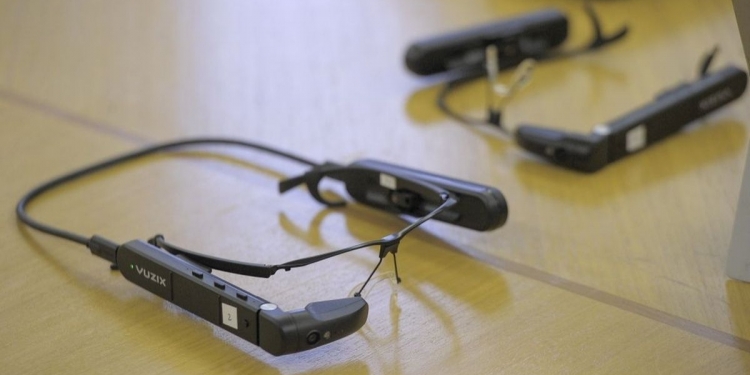As the world continues to reel from the COVID-19 pandemic, technology experts have continued to find innovative solutions to help healthcare professionals in the fight. In an interview with Malay Mail, University Malaya Specialist Centre (UMSC) team leader Professor Dr Vicknes Waran Mathaneswaran discussed the potential of MedCom: Smart Glasses that help senior doctors remotely supervise medical operations and monitor patients.
Doctors and technology experts from the team have been working on MedCom for a number of years now. Initially, the idea centred around the burnout suffered by specialists who often took phone consultations, sometimes during the odd hours of the morning. Dr Vicknes explained:
“The problem was when the patient came in and discussed their problems, the doctor on the other side who was seeing the patient at 2am, will call me or my colleagues and they will be describing the scan to me in words.”
When the global pandemic hit Malaysia in March 2020, Dr Vicknes and his team noted the difficulty medical officials faced when monitoring patients due to COVID-19-related SOPs.

The MedCom remote sensor
The Smart Glasses used in the MedCom suite is sourced from Vuzix, developers who have already garnered fame for their headset technology. This hardware is coupled with local software, with IT specialist Tan Su Tung working to develop an application which stores medical data on USMC’s own servers. This is particularly relevant in an age of privacy concerns, which Dr Vicknes alludes to.
So, how does it work? The MedCom remote sensor is a headset with an optical mounted display, which transmits the wearer’s point-of-view video feed to a remote source. This way, senior doctors can supervise, and even give instructions in real-time, and remotely. This, according to Dr Vicknes, helps to reduce wrong diagnoses. In the past, this may have happened due to a multitude of factors, including simple miscommunication.
UMSC’s team has presented the MedCom remote suite to the Malaysian Communications and Multimedia Commission (MCMC), saying that it will improve efficiency in Malaysia’s healthcare system. The product has been through a trial run in the hospital’s neurosurgical department, with Dr Vicknes calling the pilot test a “resounding” success.

“There were a lot of discussions before this. For example, before this when the patient is in the isolation room, it was difficult to see the patient, it was difficult to monitor them, because of Covid-19 standard operating procedures. So this started in March.”
At the moment, the UMSC team is searching for industry collaboration, with a target of RM1 million needed before the MedCom glasses can become commercially available. An additional RM5 million is needed to continue working on an “integrated ICU monitoring system”, which will help doctor’s monitor patients who need critical care.
[ SOURCE ]








